Dodge Pulls A Fast One, So To Speak, With Its Charger Daytona Electric Muscle Car
The Charger Daytona even brings the noise. Dodge has equipped it with a unique and patented device that it calls the Fratzonic Chambered Exhaust.
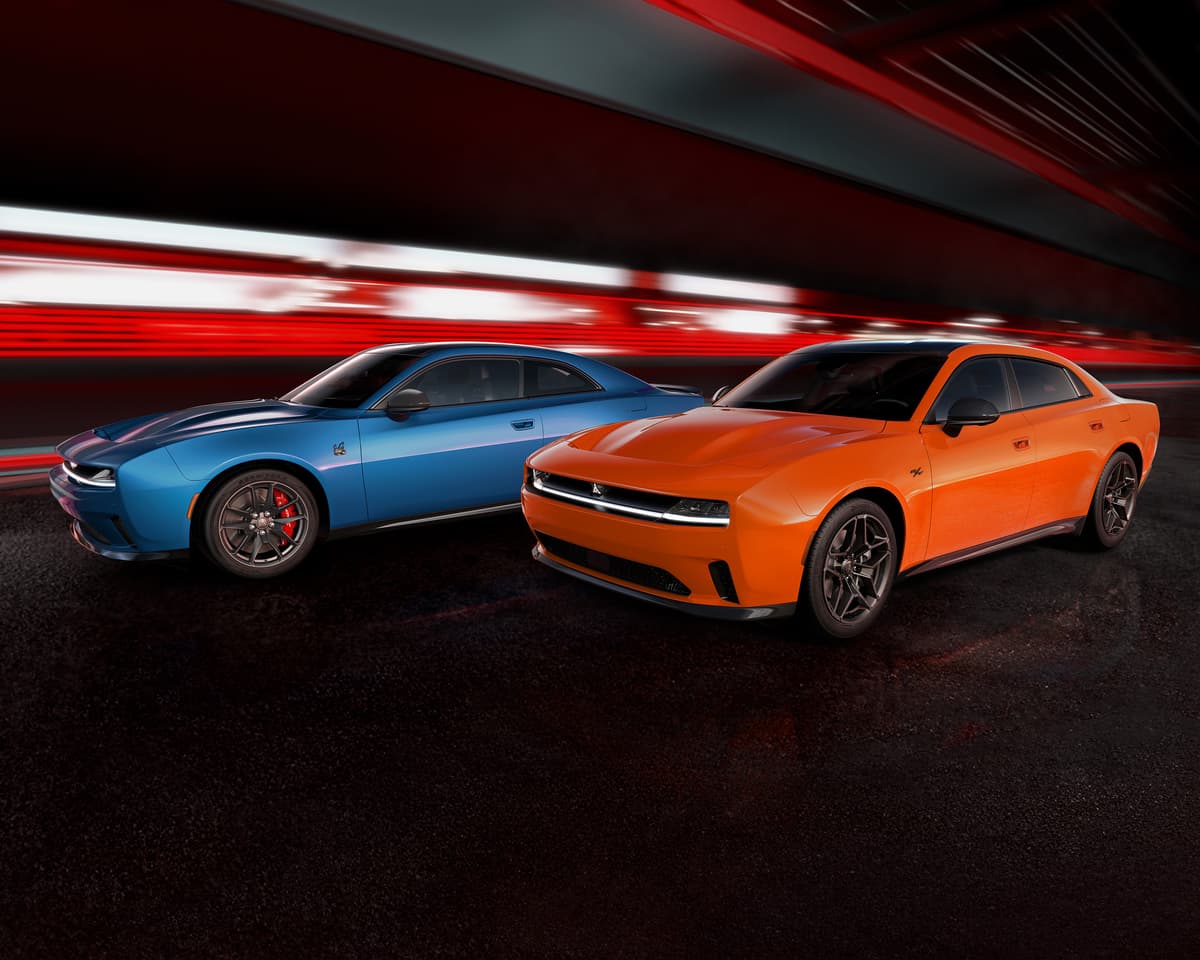
The 2024 Dodge Charger Daytona is a promise fulfilled.
Two years ago, Dodge’s chief executive, Tim Kuniskis, declared that the company was going to discontinue its mighty V8 muscle cars and replace them with electric vehicles.
Times were changing and Dodge was being forced to change with them, but its EVs were going to be so badass that you’d forget about the V8s and embrace the future. Once you became used to the idea.
“We knew the most hardcore enthusiasts would be slow to transition,” Mr. Kuniskis told me.
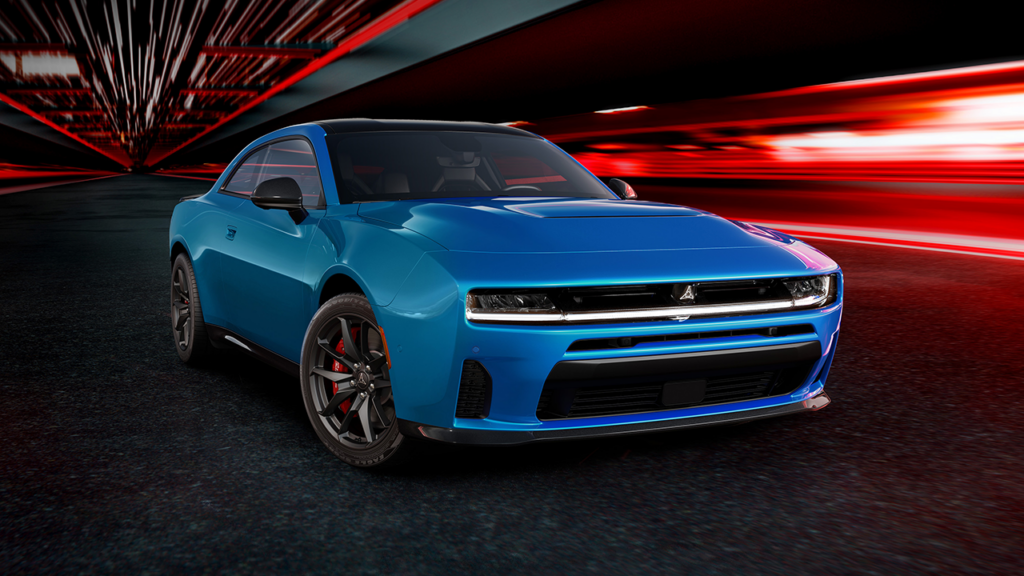
“That’s why we announced it so far in advance. To get them ready.”
He said you need to see it in person on the road. Feel its presence and speed.
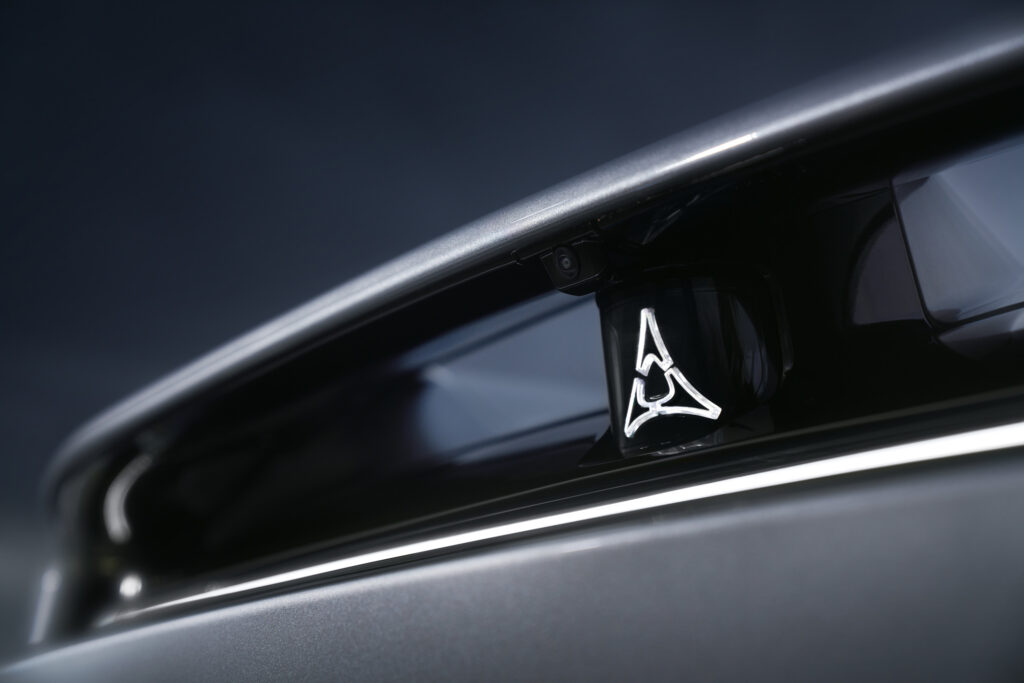
The Charger Daytona that has now been revealed in production form lives up to the hype. It’s launching this summer as a two-door hatchback that looks like a coupe and a four-door will follow it early next year. They’re as wide as full-size pickup trucks and longer than a Dodge Durango SUV.
The first versions available will be called the R/T and Scat Pack, which feature dual-motor all-wheel-drive systems rated at 496 hp and 670 hp, respectively. That’s V8 power and then some.
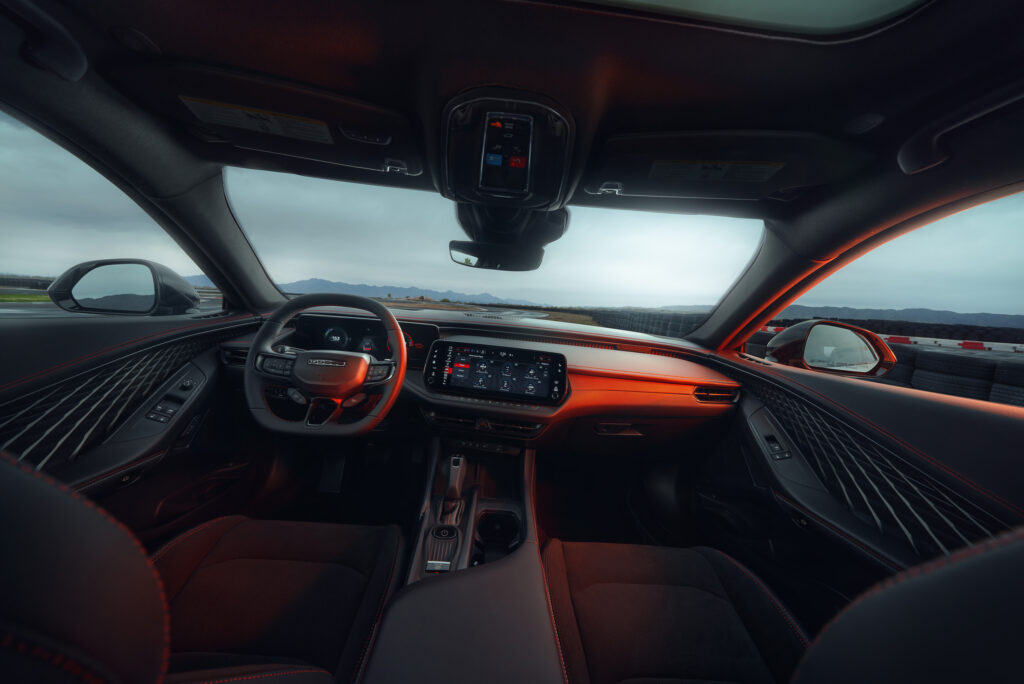
The Scat Pack can accelerate to 60 mph in 3.3 seconds, which is quicker than the old 707 hp “Hellcat” supercharged V8-powered Charger that redefined the muscle car segment a decade ago. Its driving range is just 260 miles per charge, while the R/T can go 317 miles before the need to stop and plug in, but Mr. Kuniskis said that he doesn’t think either will matter much to their target audience.
“When is the last time a muscle car buyer asked about efficiency?”
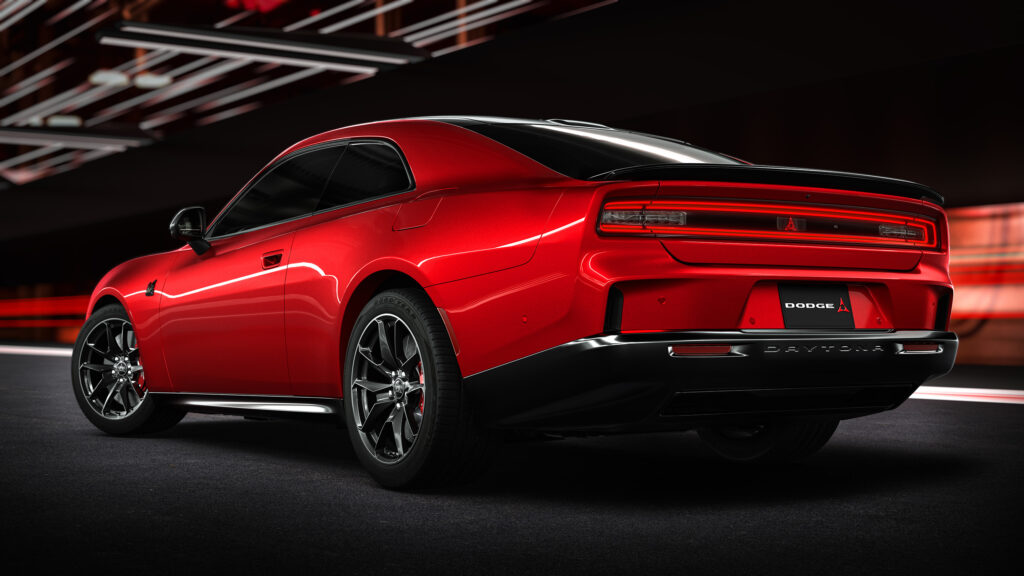
The Charger Daytona even brings the noise. Dodge has equipped it with a unique and patented device that it calls the Fratzonic Chambered Exhaust. It’s named after the 1960s triangular “Fratzog” logo that Dodge has resurrected for the car. The name is otherwise meaningless, and was made up by its designer on a whim when someone asked about it, or so the story goes.
The “exhaust” pumps a synthesized take on a V8 engine sound through tubes mounted under the rear bumper, which is meant to make it richer and more analog than if it came directly from speakers. It’s synchronized with speed, sends vibrations through the vehicle and maxes out at 126 decibels, intentionally as loud as a Hellcat V8 with the gas pedal to the floor. The driver can use it to make revving noises when the vehicle is standing still to thrill or annoy bystanders, but it can be turned off for stealthy cruising.
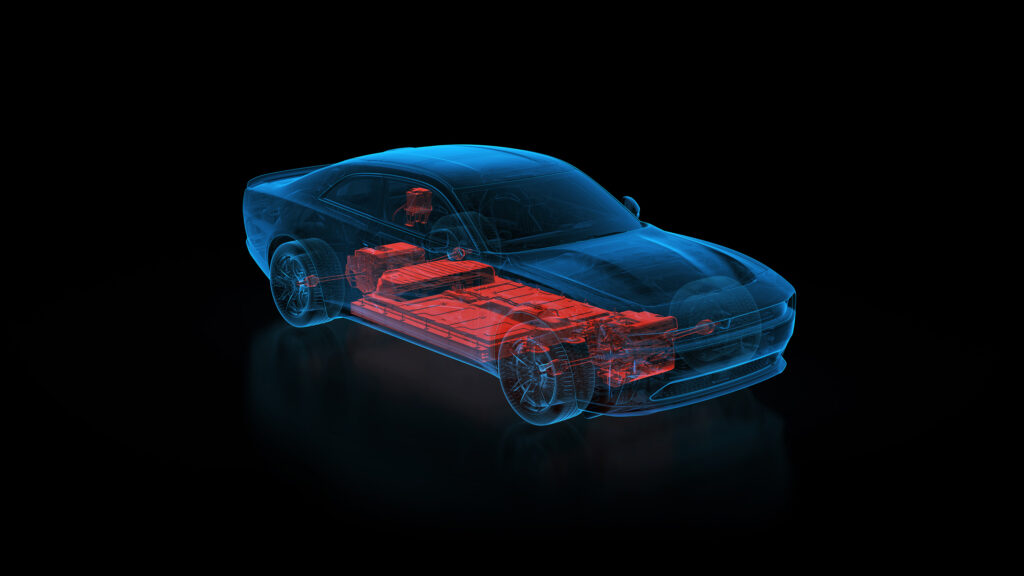
If such technological trickery isn’t your cup of tea, don’t worry. You can still get the real thing.
Mr. Kuniskis was sly when he proclaimed that Dodge was killing its V8 muscle cars, because the electric Charger Daytonas will be followed by versions of the cars that are powered by turbocharged inline-six-cylinder engines that recall the legendary Dodge Slant-Six.
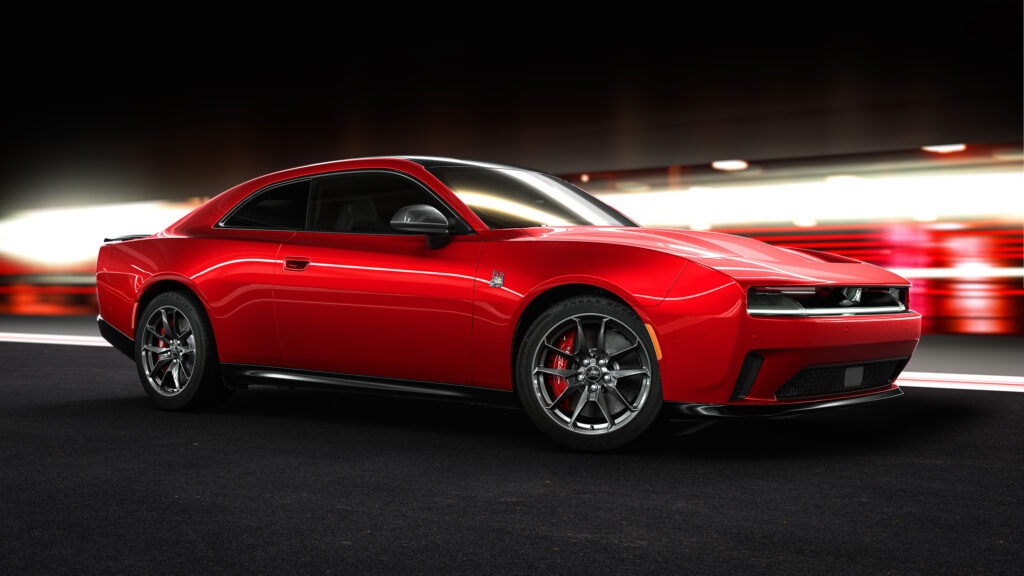
They’re just called Chargers and aren’t as powerful as the electric models, but at 420 hp and 550 hp they aren’t exactly slouches. They also have standard all-wheel-drive, but can be switched into a rear-wheel-drive mode for smoky burnouts on demand.
With the EV transition not going as smoothly as some had hoped it would, the six-cylinder cars will allow Dodge to shift production with market demand instead of committing to electrification as some of its competitors have.
“The ability to flex is very very good,” Mr. Kuniskis said.
They are muscle cars, after all.

